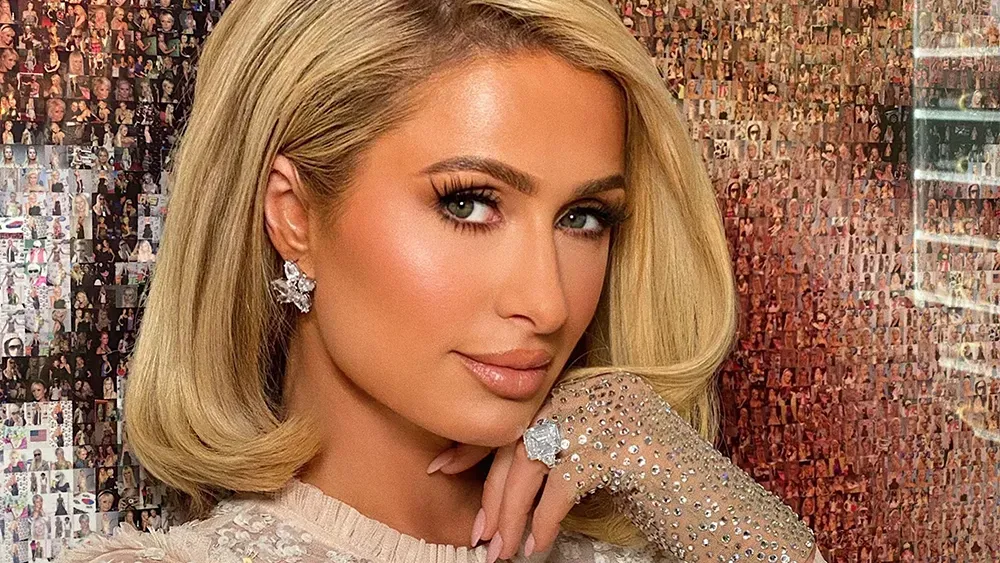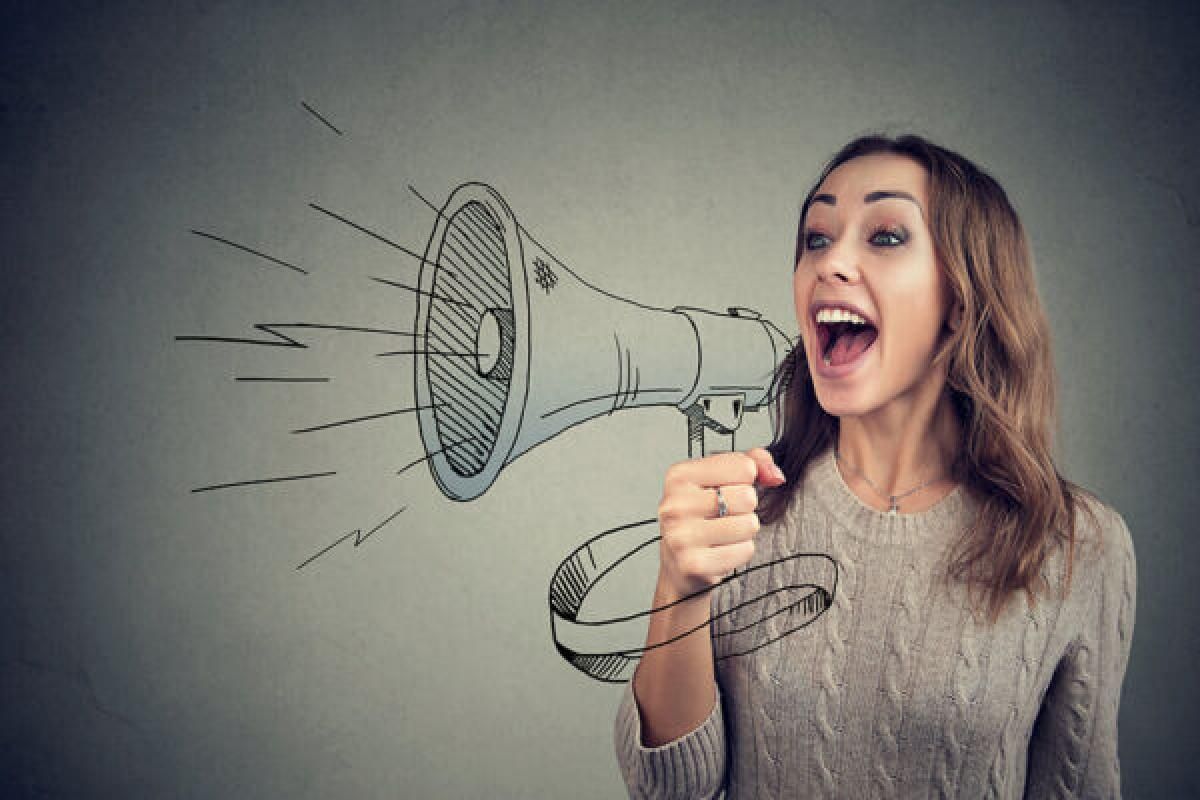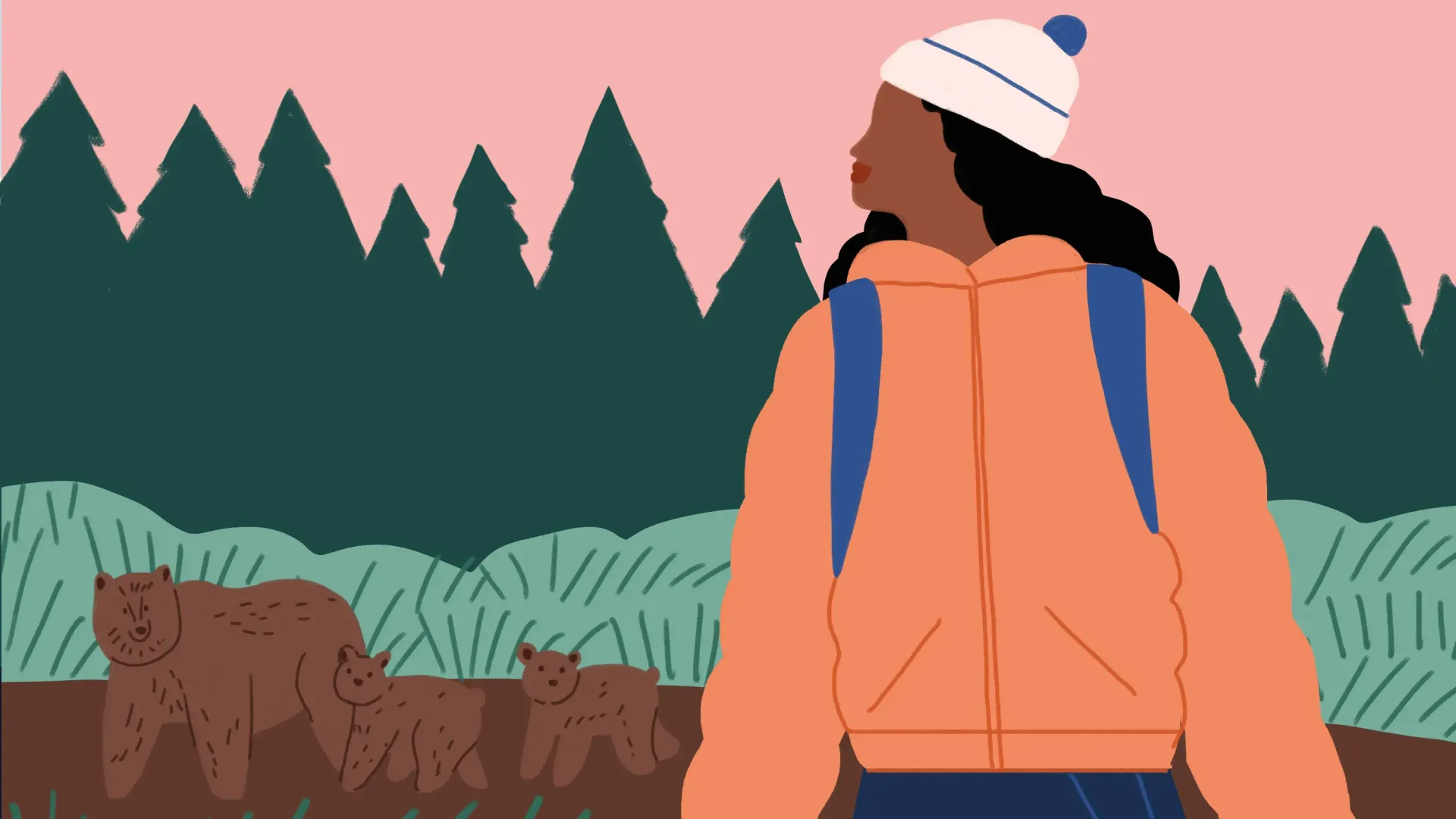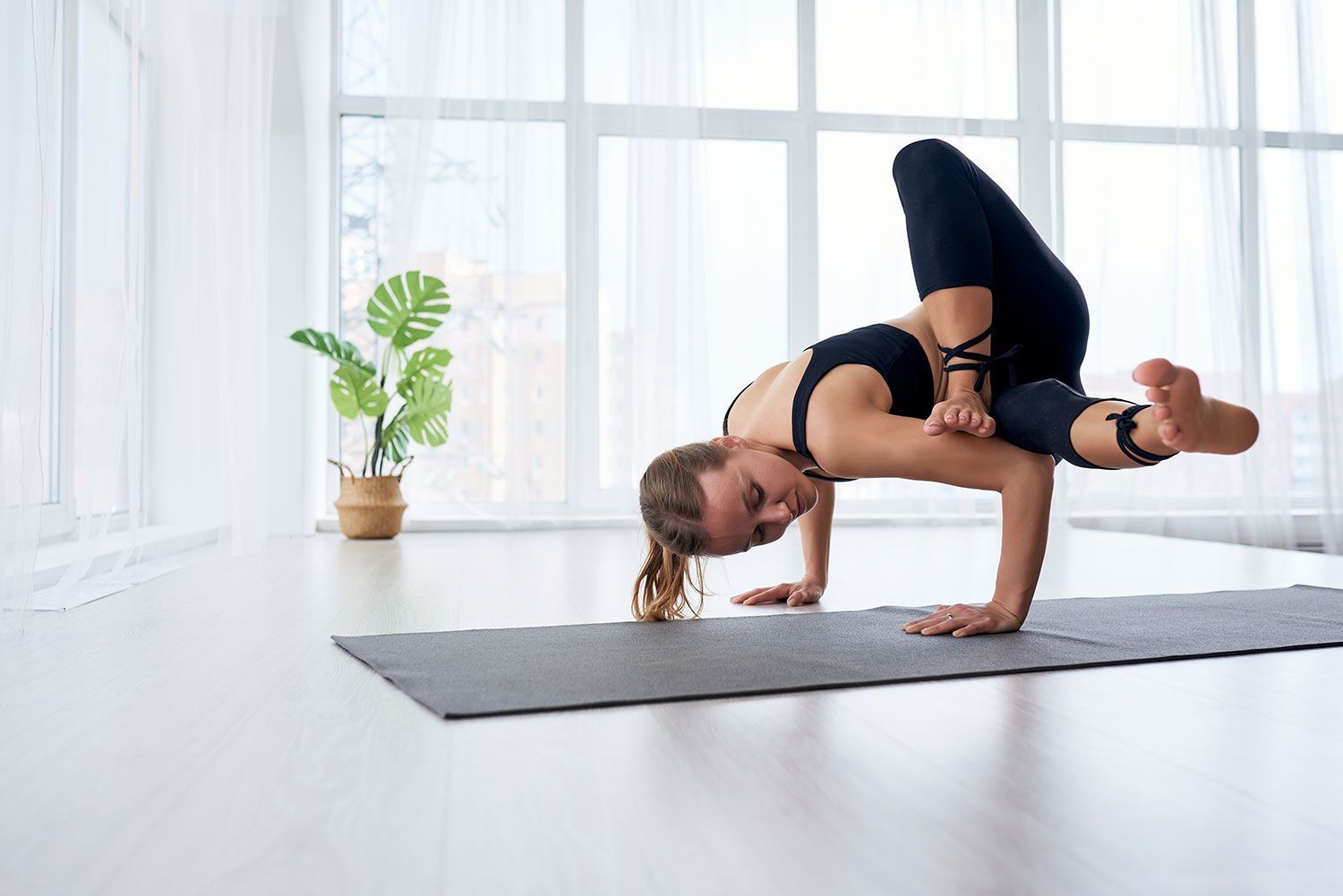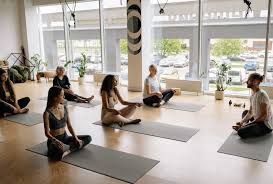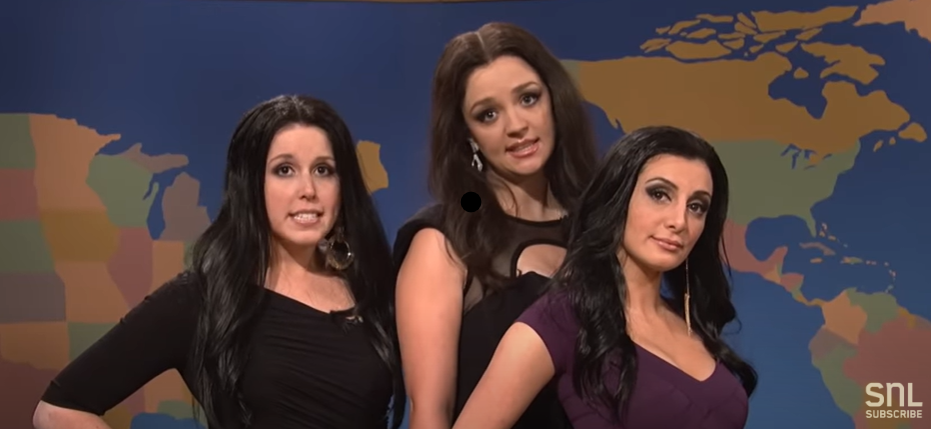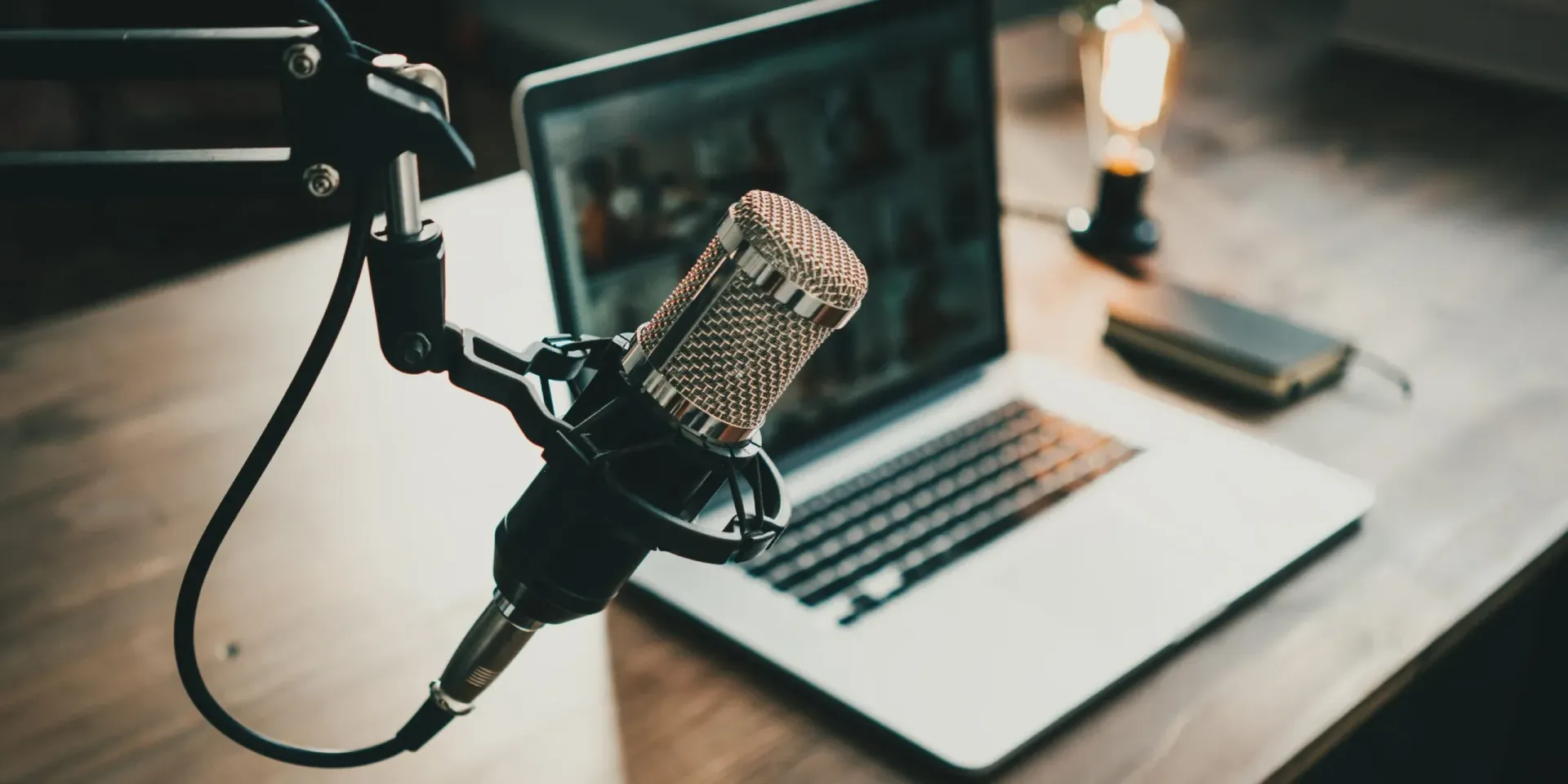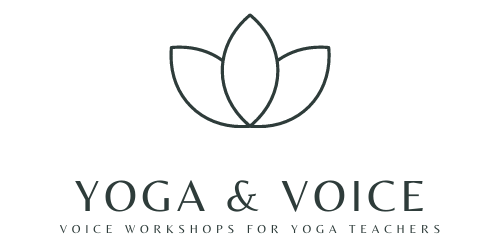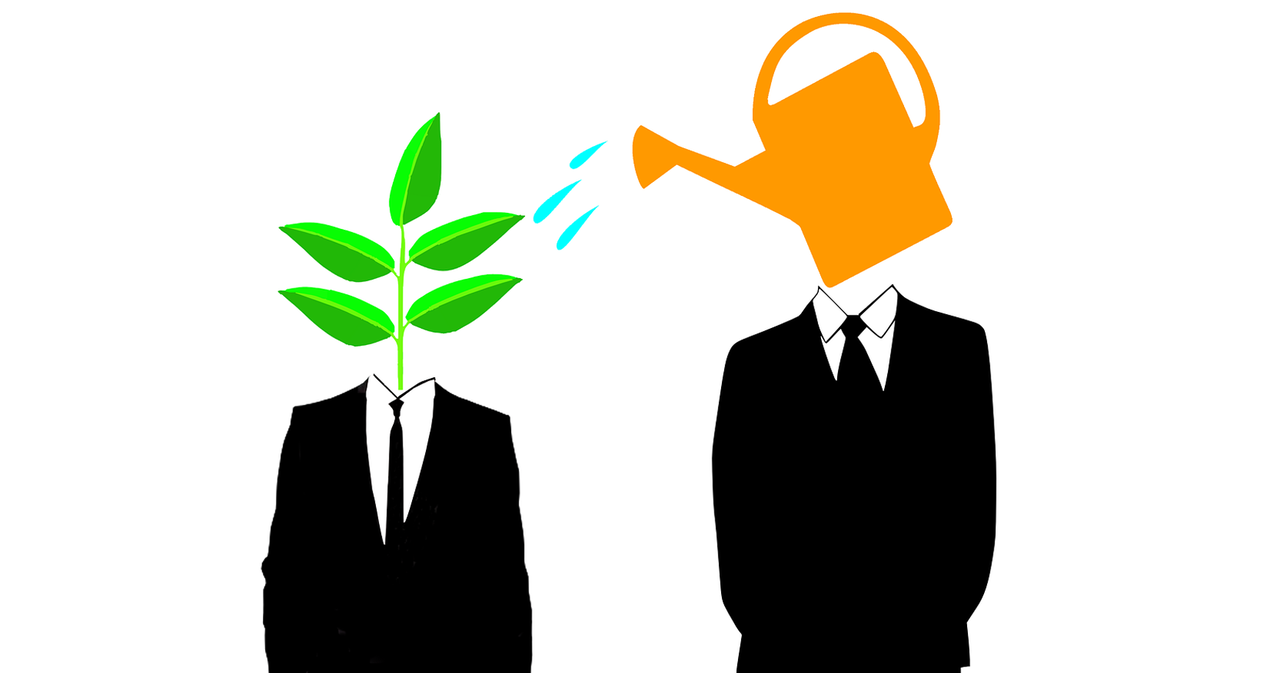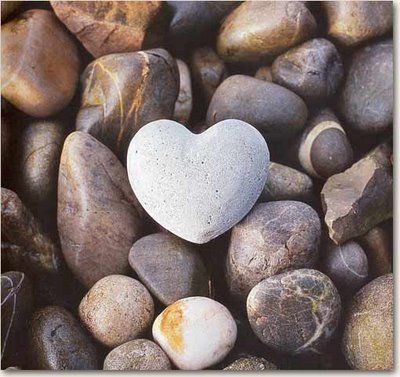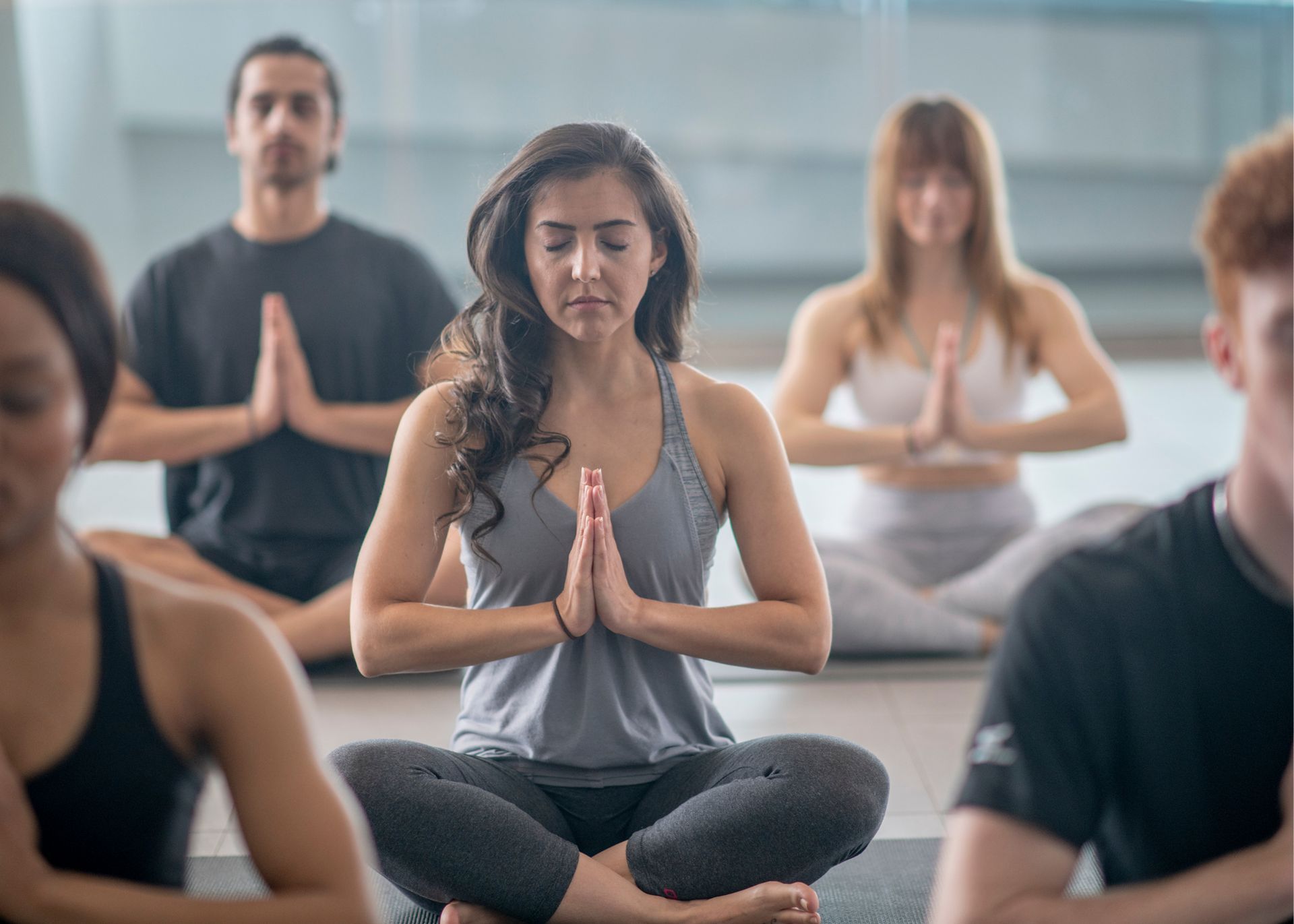Drag Queen Voices
To say that I’m obsessed with RuPaul’s Drag Race is a vast understatement. I’m an avid fan of all his franchises; and I enthusiastically attend as many local drag shows and brunches as I can.
I love the artistry involved in the costuming, hair, and makeup; but it goes much deeper for me than that. To see a group who has been silenced and discouraged for generations be allowed to unapologetically and freely express themselves is a wonder to witness. Many drag performers I’ve met have led less than easy lives; being able to find an outlet through which their desires and personality can be fully expressed brings me joy and makes me optimistic that with all the weird turns we’re making as a society, we’re gaining more acceptance and being more welcoming than the traditional hetero-normal model.
I do, however, have a pet peeve with my Queens: many of them – in the goal to emulate a “female voice” (and whatever that may encompass) – have a tendency to exhibit all of the negative affectations which *may have come* to represent modern female speech, but are not inherently “female” and are actually not natural, native, or even desirable. It’s almost as though their speech patterns are an imitation of what speech sounds like through celebrity filters, instead of modeling their speech on how a fully grown, mature woman would sound like.
Like RuPaul.
When he is in drag, his voice is slightly higher than his “male” voice, but it’s understated. There’s something specific he does in his cadence and his rhythm which sounds female – without displaying an exaggerated cliché of a female voice. It’s gentler, it’s softer, without being a trope. There’s no over-the-top feminization and no extraneous “detritus” of stereotypical female speech. Just a well-modulated voice of what a fully grown woman sounds like.
Unfortunately, many drag performers zero in on a celebrity setting a trend and just emulate that. How many queens sound like Kim Kardashian? Lindsay Lohan? Britney Spears? Even the OG of California vocal plague: Moon Zappa in her iconic “Valley Girl” recording in the 80’s (made purely as a spoof of her Galleria-frequenting high school friends.) Witness Kimmy Couture from Canada’s Drag Race who illustrates a panoply of speech artifacts: https://youtu.be/KZPG_TF7BIo
In my opinion, it's problematic – and more than a little offensive to me as a feminist – that many drag queens tend to equate a female sound with a less-than-intelligent, vapid emulation. Why are the models for drag queen voices found on TMZ instead of NPR? It’s just as easy to be inspired by thinking, intelligent, mature grown women as it is to reinforce the upspeak and vocal fry so prevalent in modern speech. (I call it the “scalpel test”: would I want a doctor to come at me with a scalpel saying: “Oh my GAWD. You have such artery blockage, I CAN’T EVEN. We’re gonna clear that out, K, bitch?”)
I think it all comes down to finding a strong, authentic identity; not only in drag, but as people transition into a trans identity. In addition to being clear on what “type” of queen you are (Comedy? Pageant? Size? Look?) and what your drag name and persona exemplify, one must also “find their voice”; decide where you feel comfortable speaking, what feels natural, and what projects realness instead of a parody.
